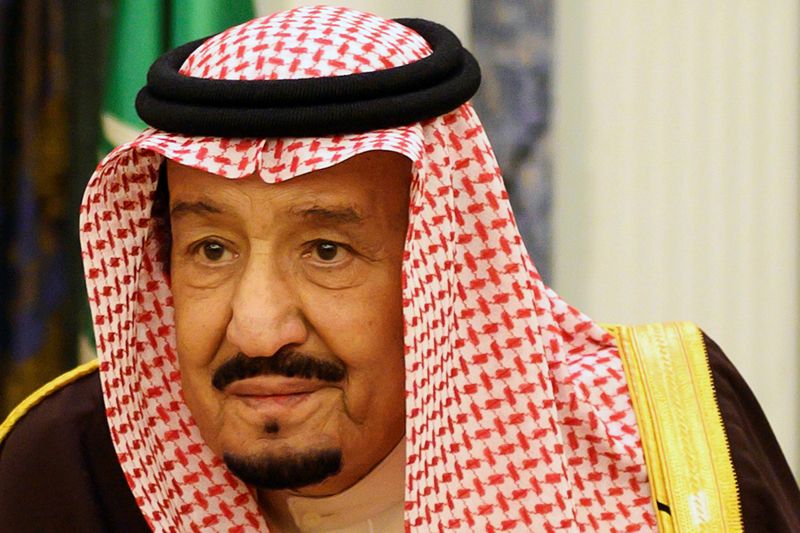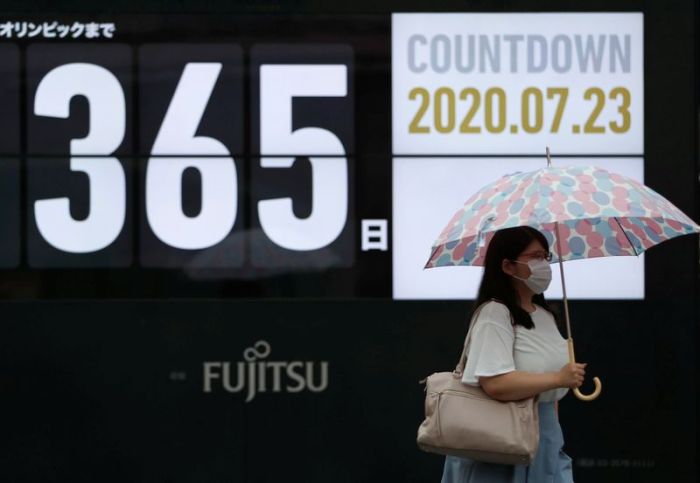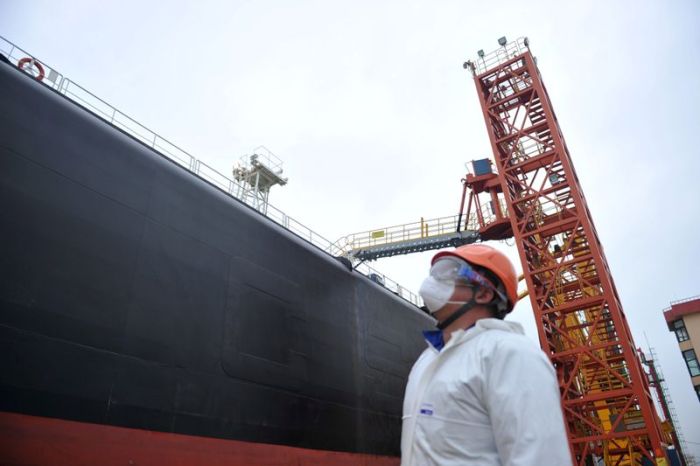RIYADH (Reuters) – Saudi Arabia’s 84-year-old ruler, King Salman bin Abdulaziz, underwent a successful operation to remove his gallbladder, state news agency SPA reported on Thursday, after he was admitted to hospital this week.
The king, who has ruled the world’s largest oil exporter and close U.S. ally since 2015, will stay in hospital for some time to receive treatment, SPA reported.
King Salman, the custodian of Islam’s holiest sites, was admitted to hospital in the capital Riyadh, suffering from inflammation of the gallbladder on Monday. [nL3N2ER3TJ]
He has since chaired a cabinet meeting via video call from hospital in the capital Riyadh on Tuesday and could be seen in a video behind a desk, reading and leafing through documents. [nL5N2ES6SA]
King Salman was crown prince and deputy premier for over 2-1/2 years from June 2012 before becoming king. He also served as governor of the Riyadh region for more than 50 years.
Saudi Arabia’s de facto ruler and next in line to the throne is the king’s son, Crown Prince Mohammed bin Salman, who is widely referred to as MbS and has launched reforms to diversify its oil-dependent economy.
The crown prince received a phone call on Thursday from U.S. President Donald Trump regarding the king’s health, state news agency SPA reported.
Trump wished the king a speedy recovery, SPA said, adding that he and crown prince also discussed regional and international developments. [nD5N2DK01W]
The 34-year-old prince, who is popular among many young Saudis, has won praise at home for easing social restrictions in the conservative Muslim kingdom, giving more rights to women and pledging to diversify the economy.
To the king’s supporters, this boldness at home and abroad was a welcome change after decades of caution, stagnation and dithering.
But state control of the media and a crackdown on dissent make it difficult to gauge the extent of domestic enthusiasm.
The crown prince’s reforms have been accompanied by a purge of top royals and businessmen on charges of corruption, and a costly war in Yemen, which have all unnerved some Western allies and investors.
His prestige also suffered a blow after the murder of journalist Jamal Khashoggi in 2018 at the hands of Saudi security personnel seen as close to him.
(Reporting by Marwa Rashad; additional reporting by Maha El Dahan; writing by Alexander Cornwell, Editing by Catherine Evans and Hugh Lawson)

























